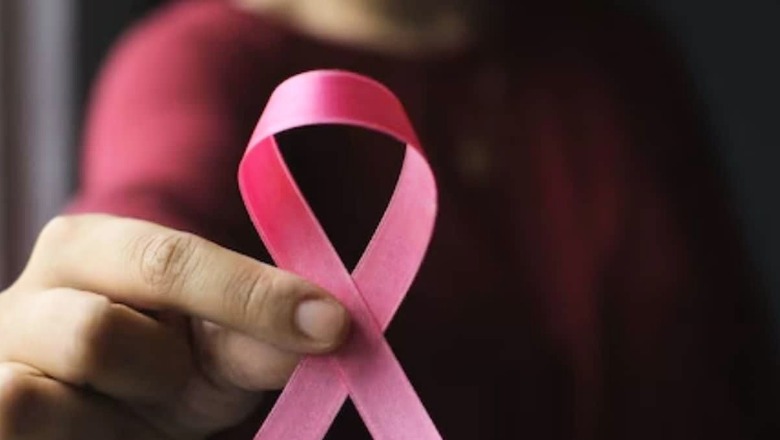
views
Cancer is counted amongst the deadliest diseases in the world, for which research for prevention and treatment is continuously underway. Recently, researchers have found a correlation between cancer and height. As per a study by World Cancer Research Fund International, taller people have greater chances of developing cancer of the pancreas, large bowel, uterus (endometrium), ovary, prostate, kidney, skin (melanoma), and breast (pre- and post-menopausal).
Theories related to the study also suggest that men are at higher risk of cancer as they are taller. The first theory in the same matter states that taller people have more cells and thus have greater chances of developing genetic damage during cell division. The second theory explains that elevated IGF (insulin-like growth factor)-1 levels in taller people also increase their cancer risk in the breast or prostate.
Gerard Mullin, M.D., associate professor in the Division of Gastroenterology and Hepatology at Johns Hopkins Medicine, confirming the theory, said, “This is the largest study of its kind to date. It builds on evidence that taller height is an overlooked risk factor and should be considered when evaluating and recommending patients for colorectal cancer screenings.”
He added, “The findings suggest that, overall, the tallest individuals within the highest percentile of height had a 24% higher risk of developing colorectal cancer than the shortest within the lowest percentile. Every 10-centimeter increase (about 4 inches) in height was found to be associated with a 14% increased risk of developing colorectal cancer and 6% increased odds of having adenomas.”
How do we reduce cancer risk?
As per the two theories above, the correlation between height and cancer exists, though less. However, the study’s report is undeniable. Irrespective of gender, we should try our best to reduce the cancer risk. For the same, these measures can be followed:
- We can adopt a healthy lifestyle by maintaining a balanced diet rich in nutrients coming from fruits, vegetables, and whole grains. Moreover, we should limit processed foods and red meat.
- We should exercise regularly, aiming for at least 20 minutes of walking or body activity daily.
- It is best to avoid cancer-causing products like smoking and alcohol consumption.
- We must protect our skin from excessive sun exposure by using sunscreen whenever we are exposed to UV rays.
- Maintaining a healthy weight is extremely important, as obese people have a higher risk of having cancer.
- Regular medical check-ups can help with the early detection of deadly diseases that initially have minimal or no risk. Hence, regular screenings and vaccinations for cancers such as cervical, breast, and colorectal are a must for every individual.



















Comments
0 comment